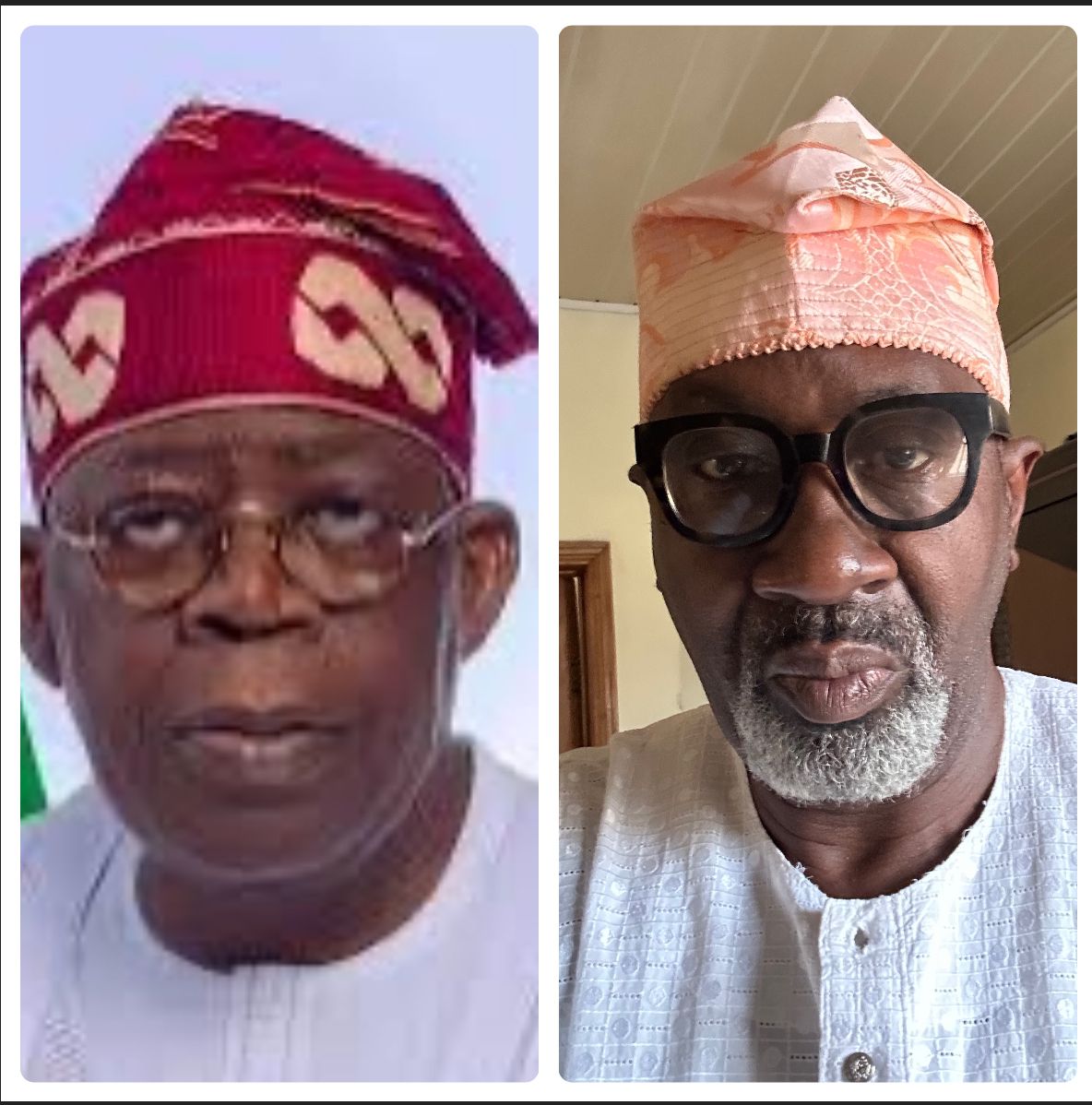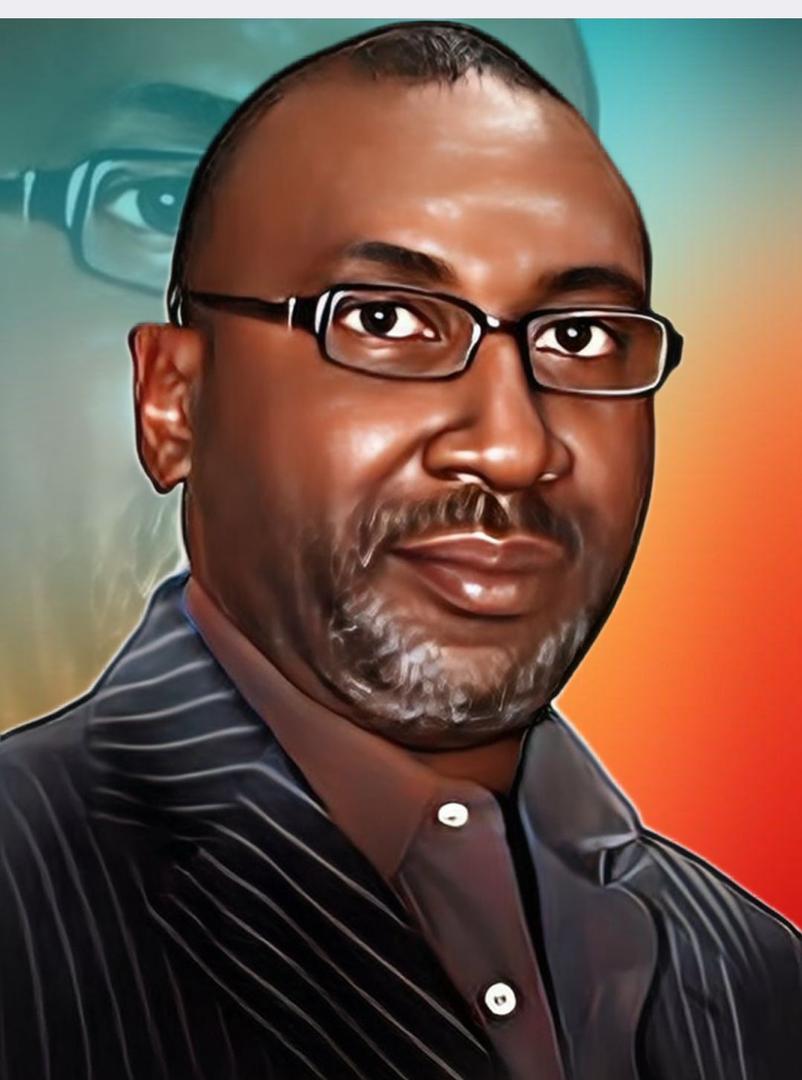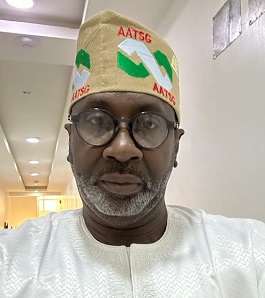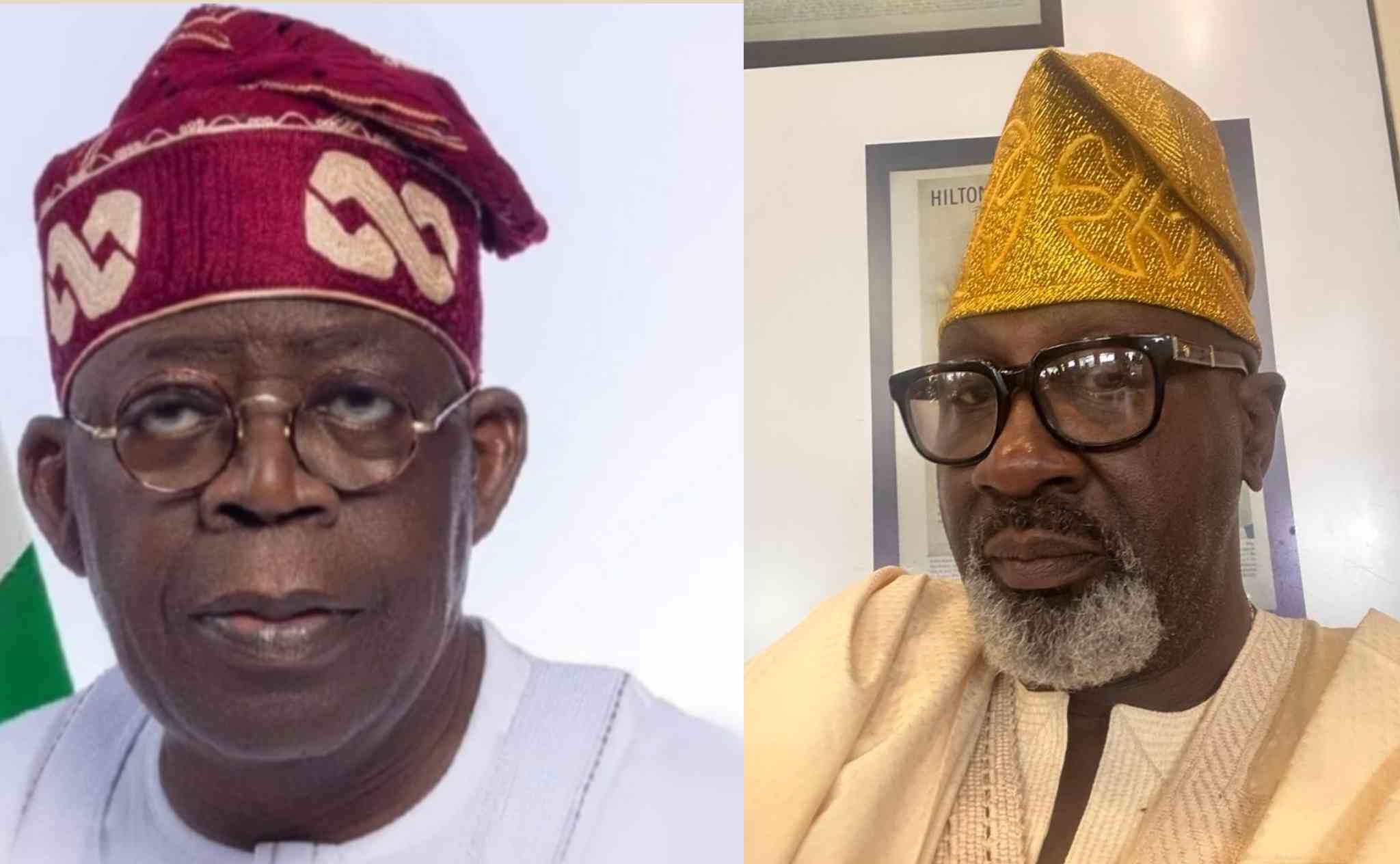Evaluating the Rewarding System of President Bola Ahmed Tinubu’s Administration: A Call for Self-Reflection and Action.
By Abayomi Odunowo
In the wake of President Bola Ahmed Tinubu’s election, anticipation and hope surged among the citizenry. His campaign promises resonated with the aspirations of millions: economic reform, infrastructural development, public service enhancement, and a revitalized political landscape. Yet, as his term unfolds, there is a disconcerting disconnect between these promises and the reality witnessed in the administration’s initial actions. A notable percentage of individuals who vocally supported his ideals during the election are conspicuously absent from key positions in his administration. This scenario suggests a misalignment between the anticipated and the delivered, leading to mounting confusion and disappointment among the electorate.
This undermining of an inclusive rewarding system, which ideally would have seen committed supporters play significant roles, raises questions about the president’s current strategy. Are the technocrats and experienced hands sidelined due to oversight or intentional dismissals? With many qualified and experienced professionals, who were staunch advocates for Tinubu’s presidency, notably absent from the political landscape he leads, there’s a tangible feeling of betrayal. This absence cannot merely be brushed aside as an oversight—it speaks volumes about the administration’s recognition (or lack thereof) of loyalty and commitment.
The disappointment is palpable. Many supporters invested their hopes and energies into the vision laid out by the president, believing that their dedication would be rewarded through meaningful engagement in governance. To witness silence and absence from those earmarked for roles of influence is not merely disheartening; it feels like a betrayal of the very ideals that galvanized Tinubu’s base. This sentiment is not merely anecdotal; it reverberates across social media platforms, community discussions, and public forums, as loyal supporters question the integrity of the leadership they championed.
Moreover, the argument that technocrats and seasoned professionals are the answer to governance challenges seems increasingly hollow when they are conspicuously sidelined. Many citizens observe that these individuals possess not only the expertise required but also the passion for progress that aligns with the president’s vision. Their absence casts a shadow over the administration, as the perception grows that it favors a select few over the multitude who supported it passionately. Such sentimentality can incite questions of loyalty and transparency, undermining public trust and aggravating the sense of disillusionment among supporters.
It is imperative for President Tinubu’s administration to engage in critical self-reflection regarding its rewarding system and the apparent disconnect with its foundational supporters. Addressing the visible gaps in leadership and commitment can set a new course for healing and unity, crucial for reinvigorating the people’s trust and fulfilling campaign promises.
First, reinstating valued advocates into governance roles can demonstrate that the administration acknowledges their contributions and aligns itself with its original ideals. This can be done through the establishment of advisory committees that incorporate these experienced supporters to craft policies collaboratively—rather than relying solely on technocrats who may not share the same vision. Involving individuals who have been loyal and passionate adds depth and nuance to the governance process and reflects a commitment to inclusivity.
Second, transparent communication with the public is critical. The administration must openly address questions surrounding the selection processes for key positions and the rationale behind sidelining supporters. By establishing platforms for dialogue and feedback, the Tinubu administration can foster a culture of engagement, encouraging supporters to feel valued and heard.
Lastly, revisiting the proven principles that propelled Tinubu’s campaign, while actively adapting them to address contemporary realities, can reinvigorate public commitment. Everyone supports a government that reflects their values, aspirations, and hopes. It’s time to remember that promises made during campaigns are not mere rhetoric but sacred commitments to the electorate.
President Bola Ahmed Tinubu’s administration stands at a crossroads. To emerge successfully from this impasse, it must recognize the immense reservoir of support waiting to be reinvigorated. The exclusion of dedicated supporters from governance not only fosters division but also diminishes the spirit of hope that once defined his campaign. By embracing inclusivity, fostering transparency, and actively engaging with the very people who championed his ideals, this administration can correct its trajectory, reassure the populace, and ultimately deliver on the promises that have remained unfulfilled thus far. A word is indeed enough for the wise; the time to act is now.
Otunba Abdulfalil Abayomi Odunowo
National Chairman AATSG
Mobile: +2349053535322
AATSG Media.





